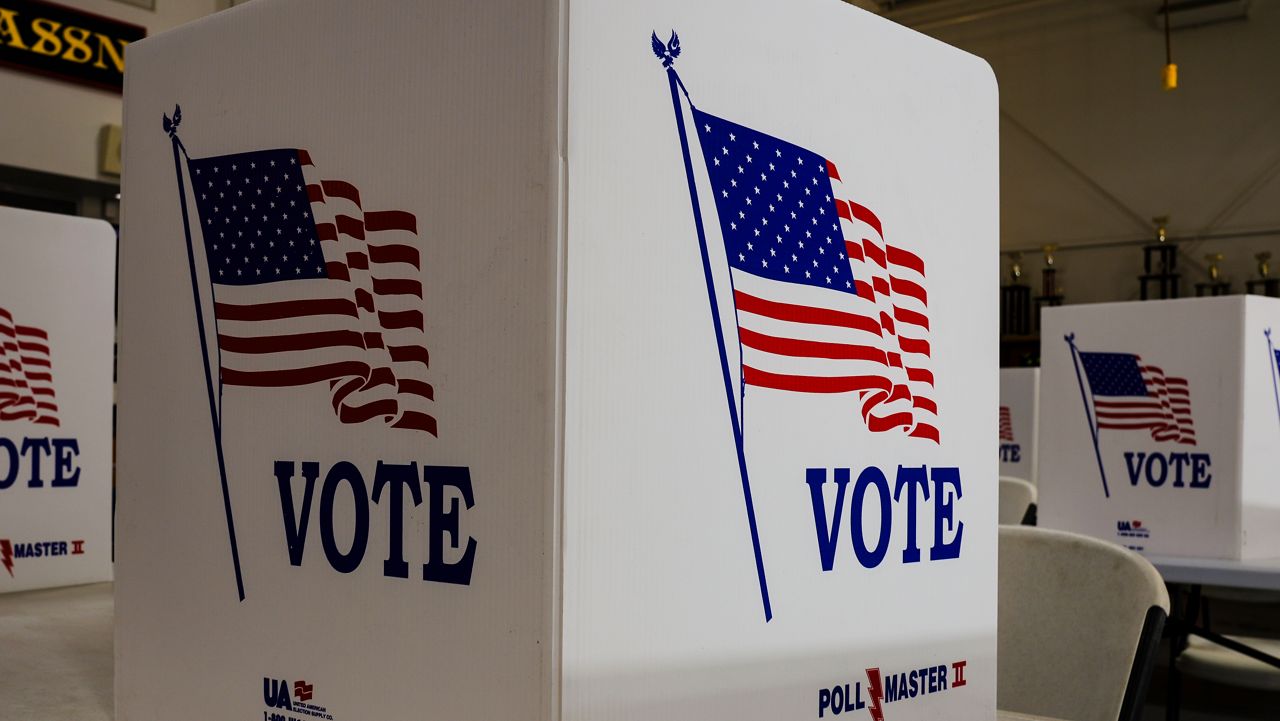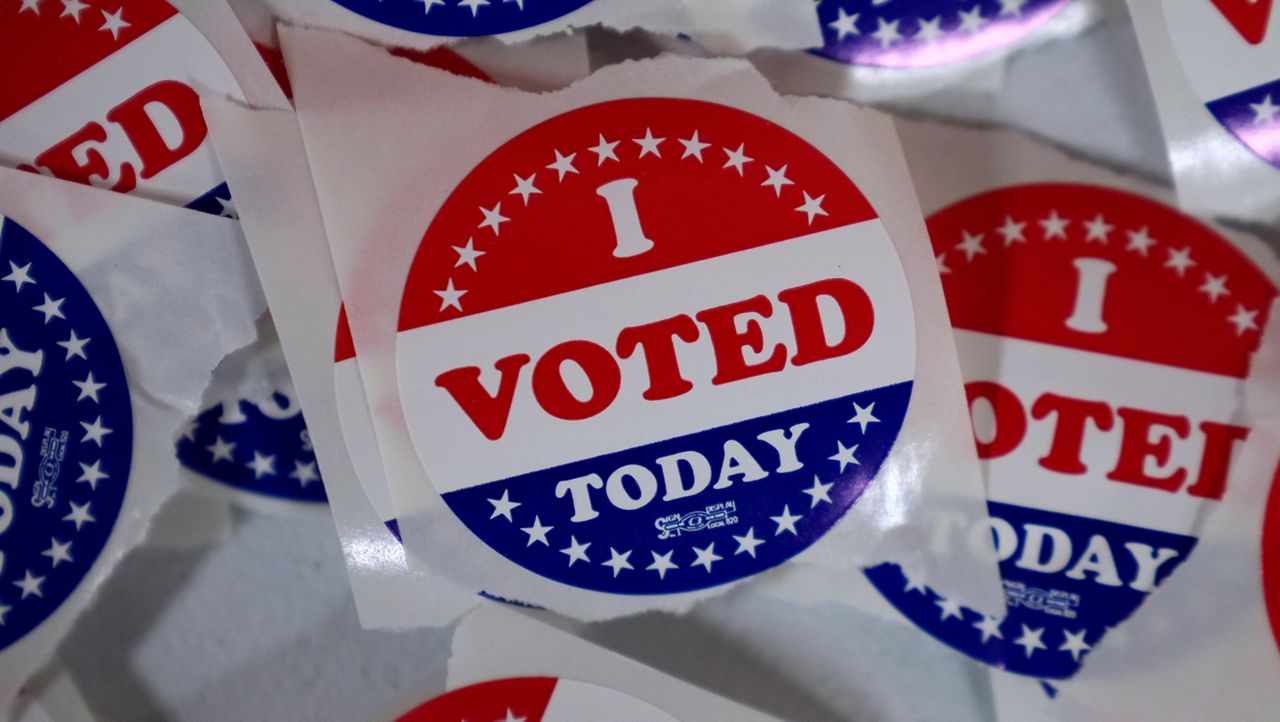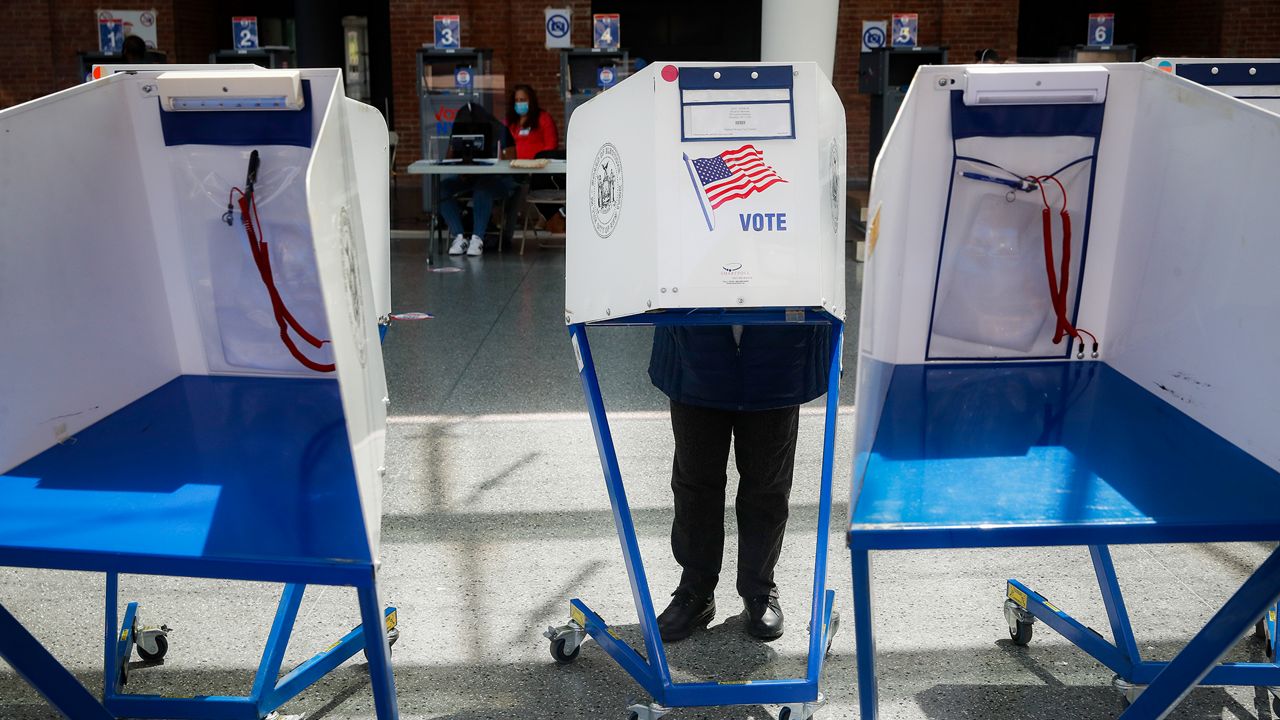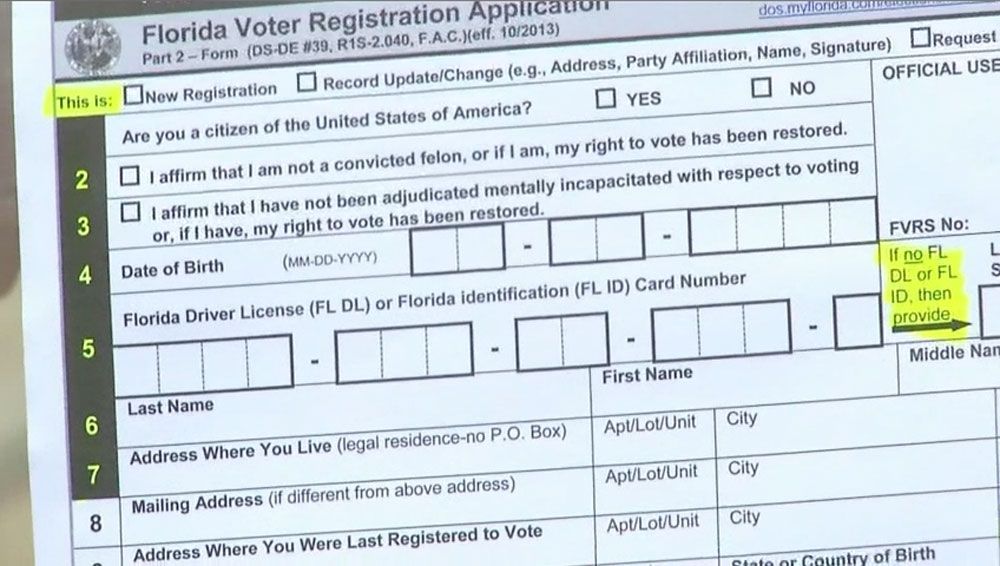ORLANDO, Fla. — On Monday, February 3, the 2020 election really begins with the caucuses in Iowa.
- 2020 ELECTION COVERAGE: Latest News | Presidential Election Calendar | Florida Voting Guide
- BATTLEGROUND 2020: Iowa. What the First Caucus Could Mean for the Rest of the Heartland
What is a caucus? Why is Iowa the first?
A caucus is a meeting of like-minded people — say, members of a political party — to decide policy or, in this case, to select candidates.
For instance, groups of lawmakers in Congress with like-minded ideas form caucuses and meet routinely to discuss what bills or lawmakers they will support.
In some states, members of a political party meet and select their candidates for political office — in this case, president.
How does it work?
The caucus rules in Iowa are set by the parties. These presidential candidates are battling for delegates to either the Republican National Convention or the Democratic National Convention. The caucuses are not winner-take-all, either.
And the Republicans do their caucuses differently from the Democrats.
- The Democrats have 1,678 voting precincts in Iowa, along with 87 satellite locations across the country and even internationally.
- The Republicans will also have a caucus, with 1,682 caucus precincts.
Here's what's the same:
- At 8 p.m. EST (7 p.m. Central), party members will get together at caucus sites.
- Each caucus site may have more than one precinct in it.
- Voting is done at each caucus site.
From here, the details get complicated. So we've tried to break it down more visually.
So, why is Iowa first?
Iowa's prominence in the presidential nomination process is a child of the 60s and 70s. Following the turmoil of the 1968 election, Democrats in Iowa created the modern caucus system. They moved the caucus to January because they wanted to make sure they had enough time to get every delegate a copy of the rules and platform proposals.
But as a result, Sen. George McGovern campaigned heavily in Iowa and got 20 percent of the delegates in 1972, defying experts who said McGovern had no shot. He went on to win the nomination.
Iowa Republicans liked the plan so much that both parties decided to implement the caucuses on the same date in 1976. It's been that way ever since.
The debate over whether the current primary/caucus calendar should stay the same has been going on for years. There have been whole studies on the subject.
Does it affect the course of the election cycle?
To be sure, there's no guarantee of success later on in the campaign if you win early states such as Iowa and New Hampshire.
Consider the last four major elections:
- 2016: (Final candidates: Hillary Clinton, Donald Trump)
- Iowa: Hillary Clinton, Ted Cruz
- New Hampshire: Bernie Sanders, Donald Trump
- 2008: (Final candidates: Barack Obama, John McCain)
- Iowa: Barack Obama, Mike Huckabee
- New Hampshire: Hillary Clinton, John McCain
- 2000: (Final candidates: Al Gore, George W. Bush)
- Iowa: Al Gore, George W. Bush
- New Hampshire: Al Gore, John McCain
- 1992: (Final candidates: Bill Clinton, George H.W. Bush)
- Iowa: Tom Harkin, George H.W. Bush
- New Hampshire: Sen. Paul Tsongas, George H.W. Bush




)



